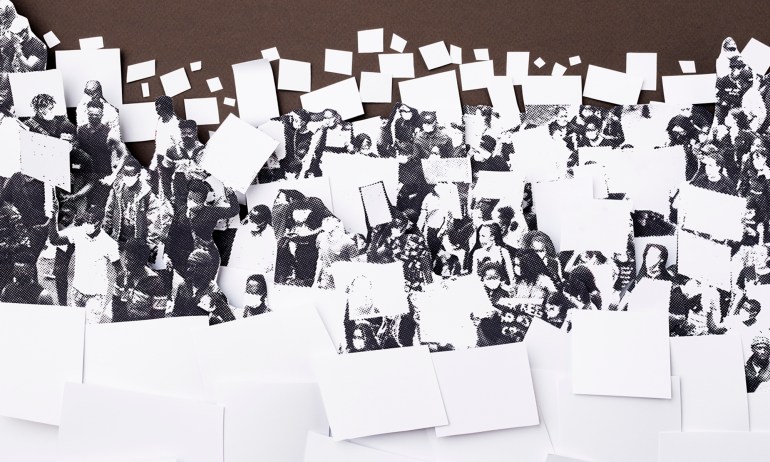
There’s a right way to talk about racism with kids — and most white parents in the US aren’t doing it
By not settling for cliches about being color-blind and by talking openly about the roots of racism and its consequences, you can raise informed, empathic individuals.

What’s your elephant in the room? Every group — whether it’s a family or a team in the workplace — has one: an uncomfortable, complicated or charged conversation that hasn’t happened but needs to. Conflict resolution expert Adar Cohen shares 3 steps to take to ensure that your discussion will be productive, often in ways you can’t predict.

How Adolf Hitler, Bernie Madoff and Amanda Knox show us 4 very human mistakes that we all make when meeting people
Most of us want to believe we would have flagged Hitler and Madoff right away had we met them in person. But would we have? In a thought-provoking new book, writer Malcolm Gladwell argues that our inborn tendencies and biases skew our judgement and prevent us from spotting the evil among us.




